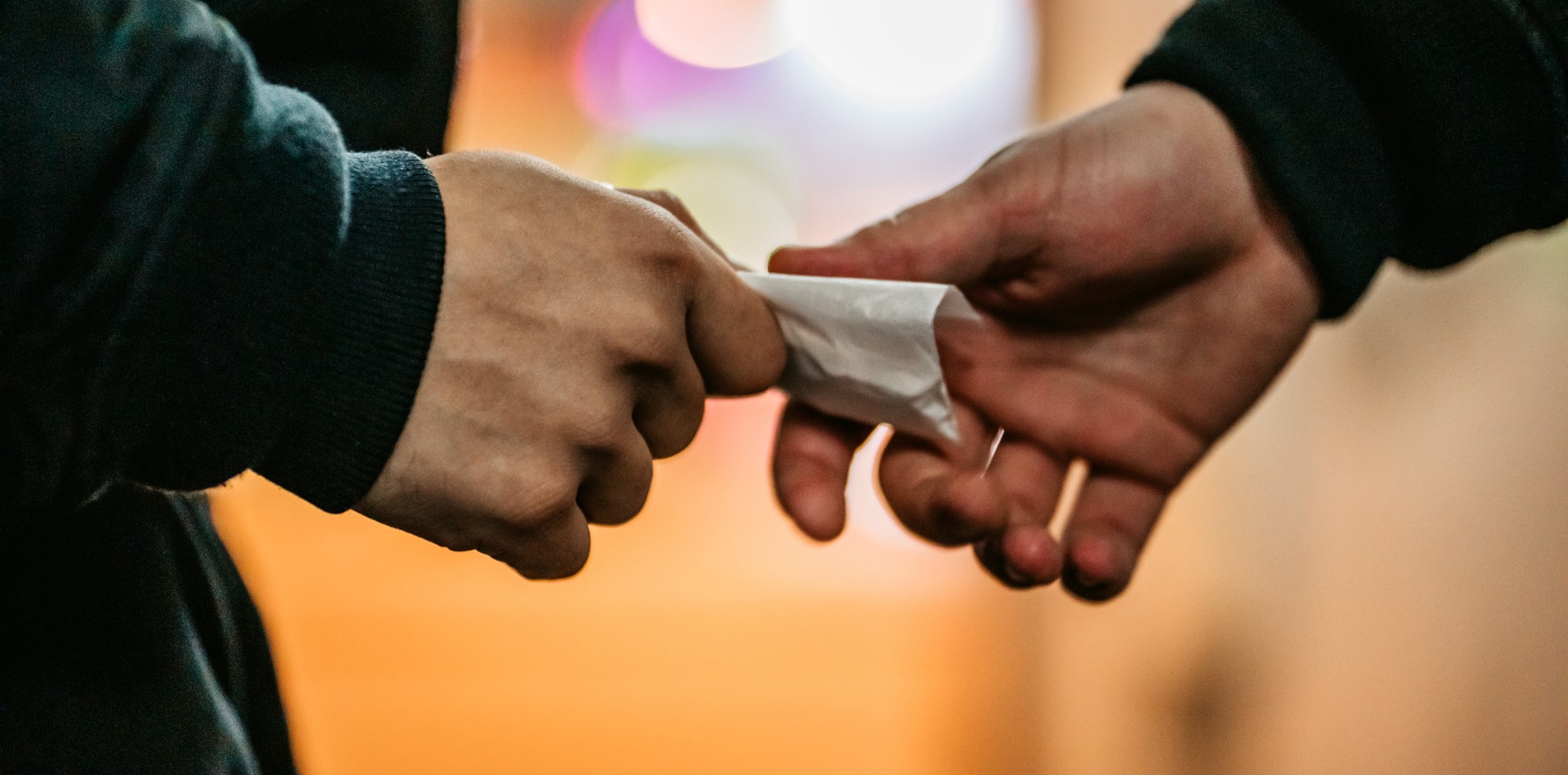The world-leading injecting room in Kings Cross will host a short-term research trial allowing clients to test their drugs before injecting.
People who use Sydney’s medically supervised injecting centre now have the option to test their drugs before using, thanks to a GP-led harm-reduction initiative.
The Kings Cross centre has been open for 23 years and is run by the advocacy arm of the Uniting Church.
Sydney GP Dr Robert Page, an addiction specialist, will be working with the service one half-day a week for the next four to six months to deliver 100 drug tests to registered clients of the facility.
Unlike the drug-checking services in Canberra and Queensland, which focus on the use of party drugs at music festivals, the Kings Cross trial will primarily look at drugs like heroin.
Demand on the first trial day was so high that some clients were turned away.
“Everyone that participated was tremendously pleased to be offered the opportunity to find out what was in the drugs that they had procured with a plan to use,” Dr Page told The Medical Republic.
“They commented that they’d been wanting this type of thing for years and that they felt that it was a wonderful thing that it could be offered, so that they can know more about the harms associated with what they intend to use.”
Dr Page said the trial was especially important in light of the strong warning signals from overseas that the harms associated with the illicit drug supply are increasing.
“We need to be talking with our patients … and letting them know not only about the direct harms related to substance use, but also those potential harms of a contaminated drug supply,” he said.
Supervised injecting centre medical director and public health physician Dr Marianne Jauncey told TMR that enthusiasm for a drug-testing pilot first came from a group of current and former injecting centre clients.
“[Our consumer consulting group] have always been quite interested in the notion of having access to testing,” she said.
“When I do tours of the service people actually assume that we’re doing testing already, because it’s so such an obvious, common-sense thing to do.”
During Dr Page’s half-day each week, injecting drug users visiting the centre can volunteer to have 0.01 grams of their drugs taken for testing by an analytical chemist.
The chemist will then test the sample for fentanyl and use an FT-IR spectroscopy machine to generate a rough guide of what the sample contains.
These tests take less than 15 minutes.
Dr Page, who specialises in addiction medicine, can then counsel the client about what was in their sample and provide targeted harm reduction advice.
The remaining sample is then sent off for detailed mass spectrometry analysis off-site. It takes about 10 days for the detailed results to return to Dr Page, who can then schedule follow-up consults with clients.
Another key difference from the Queensland and ACT pill-testing services is that the injecting centre trial was not a government initiative.
Historically, the NSW government has not been supportive of drug checking.
Dr Jauncey hoped that, if successful, the pilot would help turn the tide on official support.
“The AMA has previously been supportive of drug checking, the Royal College of Physicians has been supportive of drug checking – we’re technically a church and we’re supportive of drug checking,” she said.
“Coroners, legal groups, the Special Commission of Inquiry into Ice and – according to the latest results from the National Drug Strategy Household Survey – nearly two-thirds of Australians actively support access to drug checking.”
Related
RACGP NSW chair Dr Rebekah Hoffman told TMR that drug testing made the biggest difference when it done at music and sporting events but that the supervised injecting centre was trial was a good start.
“The NSW government has been slower than other states in the pick-up for this, and we really think that this is a step in the right direction,” she said.
The trial will run for six months or until 100 samples have been collected.
NSW Health Minister Ryan Park has committed to holding a summit on drug policy later this year and has deferred further policy announcements until after it takes place.





